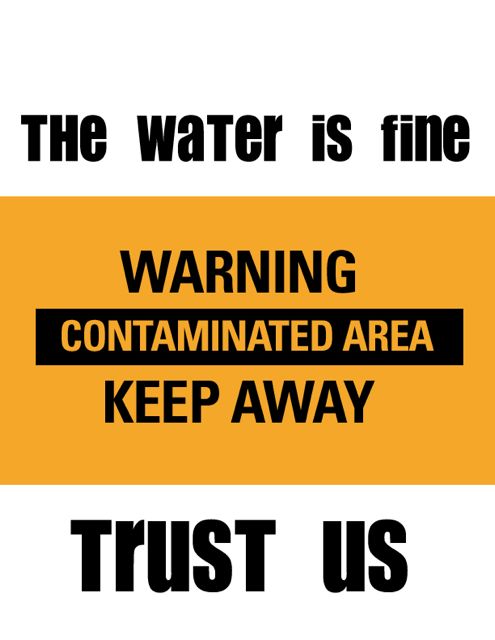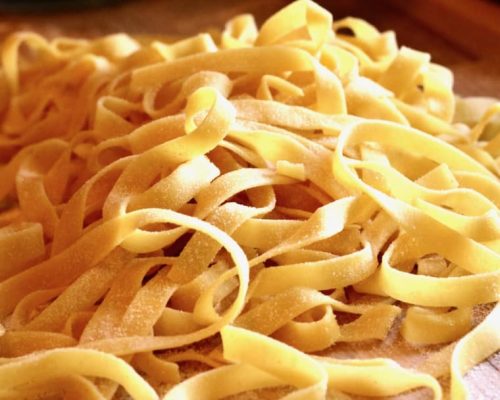I stopped eating farmed salmon years ago because of the high numbers of PCB’s, the excessive use of antibiotics in salmon farms and the the gross fact that farmed salmon meat would be grey without the use of an orange dye called Canthaxanthin, which has been linked to eye retinal problems. I could go on, but I won’t. Just trust me and always opt for wild caught, Alaskan salmon.
Like many other first time sushi goers, tuna was the first type of Sushi I tried and I fell in love with it. Then I learned about the mercury level in fresh tuna. Its so HIGH! The mercury levels change with the different types of tuna but no tuna is considered safe. Bigeye, or Ahi, is the tuna with the highest level of mercury. Guess which kind of tuna is the one most often used in sushi restaurants?
We caught a freezer’s worth of striped bass one summer and I spent 6 hours filleting and portioning the fish- I was so excited! I sat down to look up some recipes and discovered that SEVEN East Coast states issued advisories to limit eating striped bass and bluefish to 4 meals a year, and that women of child bearing years and children should avoid the fish altogether! Little did I know I had been filleting fish flavored with Polychlorinated Biphenyl.
And Shrimp- let me simply quote a caption from the book, Bottomfeeder: How to Eat Ethically in a World of Vanishing Seafood, where author Taras Grescoe describes the process of shrimp farming. “The shrimp pond preparation begins with urea, superphosphate, and diesel, then progresses to the use of piscicides (fish-killing chemicals like chlorine and rotenone), pesticides and antibiotics (including some that are banned in the U.S.), and ends by treating the shrimp with sodium tripolyphosphate (a suspected neurotoxicant), Borax, and occasionally caustic soda.” So dwell on that for a while next time you enjoy your shrimp cocktail.
All this is bad enough- But radioactive waste in the ocean? Now this is an entirely new ball game. My heart actually hurts to know Japan is pumping radioactive waste into the ocean. How can this not impact the fish? Asia is the leading producer of fish for the world market and places as far and wide as India and the US have banned imports from Japan because of the impact on the food supply from the nuclear disaster at Fukushima. No one seems to have any idea about the long term effects on the Pacific and its eco system and if that nuclear waste will find its way to our shores. But I do know this- I don’t think I’ll be ordering up that Big Eyed Tuna sashimi any time soon- or ever again. I have a feeling that dying our salmon is soon to be the least of our concerns.



